Keywords: Discourse
There are more than 200 results, only the first 200 are displayed here.
-

ENVIRONMENT
- Greg Foyster
- 17 August 2017
9 Comments
In the last few years, vested interests have changed their strategy for opposing action on climate change. Where they once focused on denying the problem, they’re now putting their efforts into sabotaging the solutions. Instead of funding fake experts to say the ‘science isn’t settled’, fossil fuel companies and their political backers have been running a smear campaign against renewable energy technologies like wind turbines, solar panels and batteries.
READ MORE 
-
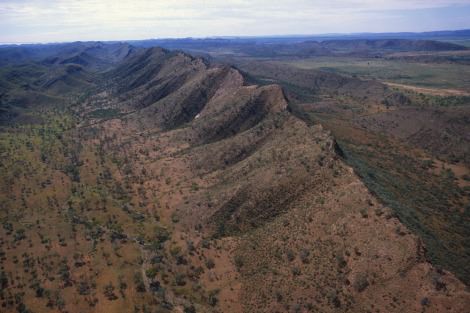
ARTS AND CULTURE
His baseline is country, ridges, lakes, breakaways, songlines, and we are taken along the skylines of his imagination which shoulders its way through the streamers of the players race, colours askew, bursting out into the field of play where we are invited into his game, his rules, goal posts he moves forever, we engage with the master gamer.
READ MORE 
-
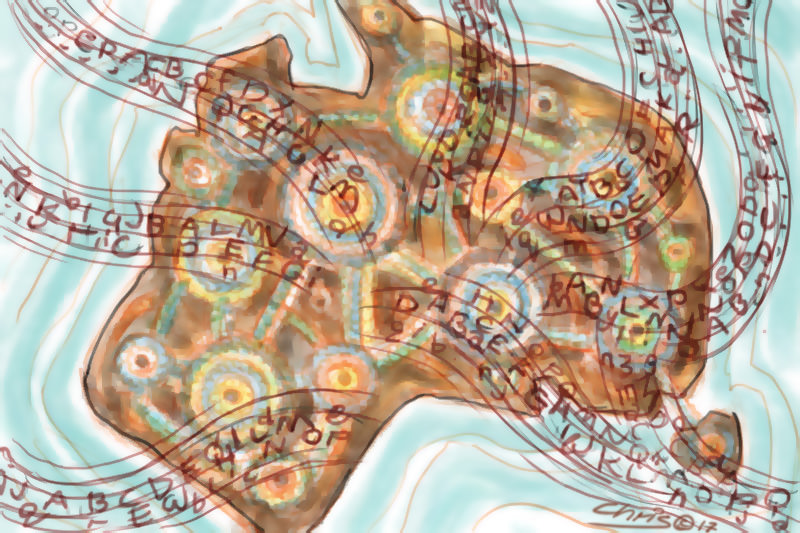
AUSTRALIA
- Andrew Hamilton
- 30 June 2017
11 Comments
The theme of the week is 'Our Languages matter'. It lies at the heart of the Uluru statement. It also poses questions about the way in which we conceive our identity as a nation. In Australia we communicate in many languages. English is the language of business and public life, but many other languages, both Indigenous and introduced, are the primary languages of groups of Australians. Language is much more than a means of communication. It is an emblem of our tribe. It shapes how we interact.
READ MORE 
-
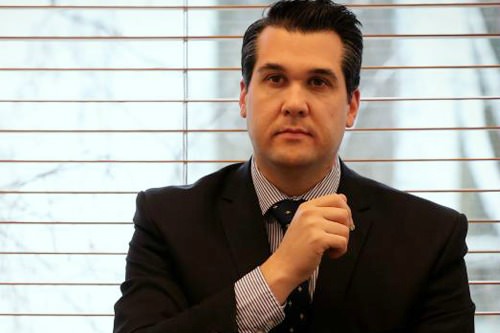
AUSTRALIA
- Kate Galloway
- 23 June 2017
9 Comments
Three Commonwealth ministers faced the Victorian Court of Appeal on 16 June to make submissions as to why they shouldn't be charged with contempt of court. This extraordinary occurrence arose because the ministers made public comments about a sentencing matter still under deliberation. Andrew Hamilton has in these pages looked at how the ministers' comments might offend the presumption of innocence. However, there is a further issue at stake - a question of good government.
READ MORE 
-
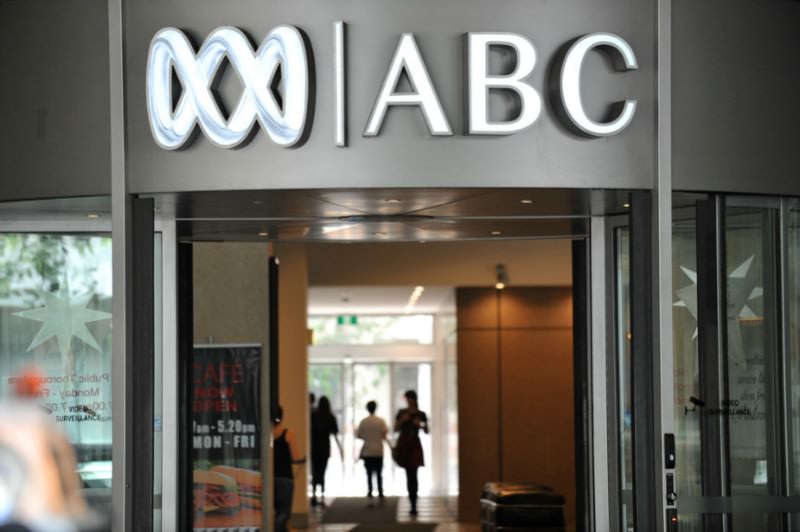
MEDIA
- Rohan Salmond
- 01 June 2017
28 Comments
Reports that the ABC will no longer require the head of the religion unit to be a religion specialist are more than a little surprising. The ABC has a commitment in its charter to 'reflect the cultural diversity of the Australian community'. Without religion reporting from people with specialist journalistic backgrounds, the ABC jeopardises its ability to fulfil its ongoing functions and responsibilities. Like it or not, religion still plays a huge part in public life in Australia, which affects the lives of everyone.
READ MORE 
-

RELIGION
- Frank Brennan
- 15 May 2017
The reconciliation of this vertical relationship is possible only through the mediation of Jesus who embodies, lives and dies the reality of this reconciliation. He puts us right with our God and thereby establishes the basis for right relationship with each other. In many countries such as Australia, Timor Leste and South Africa, the public rhetoric and programs for reconciliation have, at least in part, been informed and underpinned by this theological perspective.
READ MORE
-
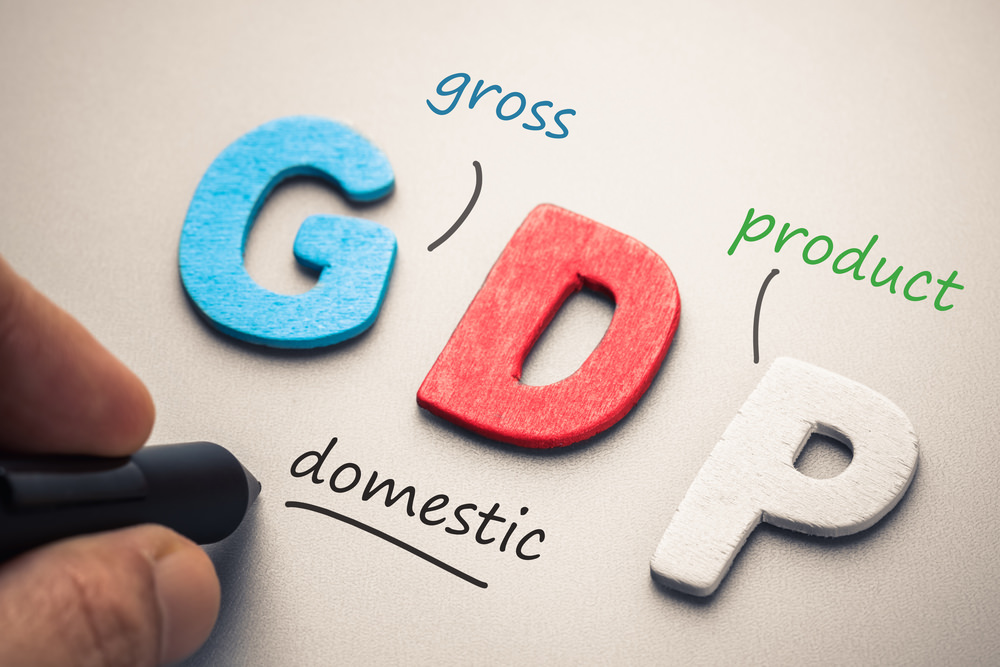
ECONOMICS
Fake news aside, increasingly, we live in a world of fake figures. There is a cliche in management that 'what gets measured gets done'. In public discourse that might be translated to 'what gets measured is considered real'. One obvious fake figure is GDP, which is taken as a measure of national wellbeing. In fact, it is just a measure of transactions. If money changes hands because something disastrous happens then GDP will rise. That is hardly an indicator of national wellbeing.
READ MORE 
-
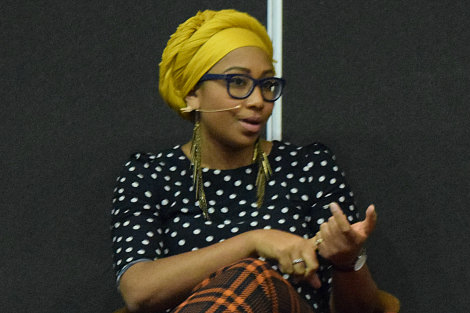
MEDIA
- Rohan Salmond
- 28 April 2017
35 Comments
Even though the post was quickly withdrawn and an apology issued, the backlash has lasted more than four days. It was enough to warrant a front page story on The Daily Telegraph, a call for Abdel-Magied's dismissal by the deputy prime minister and public repudiations by half a dozen government front benchers and other politicians, including Pauline Hanson. It's ironic that the very commentators who constantly rail against political correctness are apoplectic about a woman being politically incorrect.
READ MORE 
-
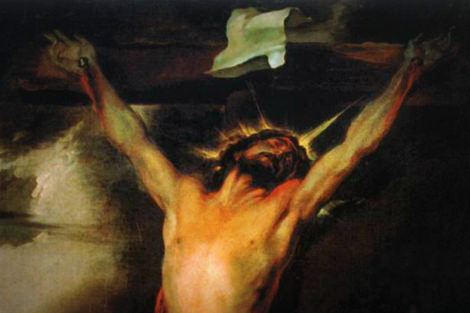
RELIGION
- Fatima Measham
- 12 April 2017
18 Comments
Easter, for me, has always been a time to sit in the brokenness of things, to absorb the dread and devastation, and reel at the inexplicable sacrifice. Crushing humility might have characterised my experience in previous years. This year, I feel formless rage. The human drama of Easter - with its betrayals, moments of audacity and doubt, the machinations in shadow - bears the sting of injustice. The central narrative is political. Choices were made by people in power. They are still being made.
READ MORE 
-
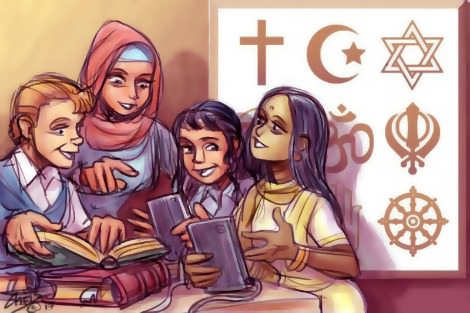
EDUCATION
- Sophie Chalmers
- 21 March 2017
21 Comments
The Dalai Lama is turning 82 this July, and he may be the last in his line. The religious and political ramifications of this are often lost on the general public. Many people in largely Christian Australia don't know the significance of a Mikveh in Judaism, can't explain why the Buddhist Middle Path is so important, or recite what the Five Pillars of Islam are. There are as many diverse interpretations of Hinduism as there are for Christianity, and as many insightful Buddhist stories as there are in the Bible.
READ MORE 
-
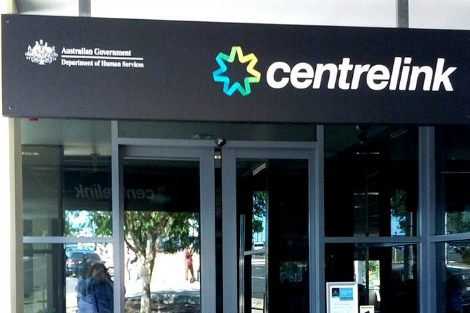
AUSTRALIA
- Kate Galloway
- 20 March 2017
17 Comments
ACTU secretary Sally McManus' comments about the rule of law have sparked a lot of chatter on news and social media. While the rule of law arguably does assume citizens will obey the law, it also assumes government will behave lawfully. Further, it might be argued that the rule of law encompasses the principled application of government power. In this respect, the Australian government is itself falling well below adhering to the rule of law. I offer Centrelink #notmydebt as a case study.
READ MORE 
-
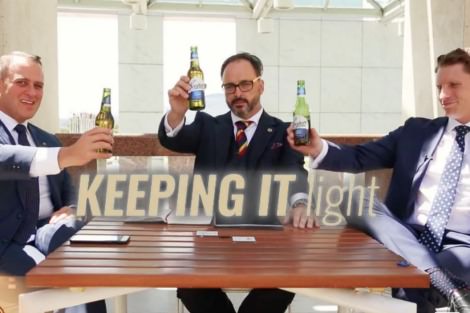
MEDIA
- Rohan Salmond
- 17 March 2017
22 Comments
The Bible Society didn't think its video promoting civilised discussion about same-sex marriage would be a problem, but it pushed a lot of buttons they didn't even know existed. There are a lot of layers to the public's reaction, but here's one: the Bible Society has never taken an explicit public position on the present marriage debate, but its sister organisation, the Centre for Public Christianity, only features videos and essays by people who hold an exclusively man-woman view of marriage.
READ MORE 